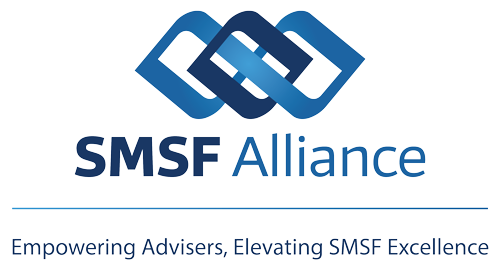For a budget that has been relatively quiet on superannuation there have been quite a few tweaks of significance.
To correct an unfair technical anomaly, it is proposed that reversionary transition to retirement income streams be subject to the same tax exempt treatment on earnings as reversionary pensions in the retirement phase. This would be a welcome measure.
From 1 July 2018
The ATO will be cracking down on individuals who are claiming personal tax deductions on contributions without submitting a Notice of Intent which may result in no contribution tax being paid. This is primarily an issue for APRA funds as the closely held nature of SMSFs would generally ensure the contribution tax is accounted for. Still, it is a timely reminder to SMSF members and administrators alike to ensure the notice is provided.
Individuals with multiple employers whose income exceeds $263,157 can nominate those employers not subject to the superannuation guarantee to avoid unintentionally breaching the $25,000 concessional contributions cap. This corrects a current anomaly.
From 1 July 2019
Measures that will affect SMSFs
The maximum number of members permitted in new and existing SMSFs and small APRA funds will be increased from four to six. As 93% of current funds have no more than 2 members, this measure should not have any great take up. This is particularly so when differing investment strategies, fund control, estate planning and general administration issues are considered however it does add additional flexibility that will be useful in some instances. Software providers will have quite a bit of work to do.
SMSFs with a history of good record-keeping and compliance will be subject to a three-yearly audit requirement rather than an annual audit requirement. This change underlines the importance of efficient and timely administration on the part of both trustees and service providers. The measure will provide a significant cost saving to SMSFs at the expense of auditors and those administrators who significantly mark up their audit fees.
The Government will introduce a retirement income covenant in the SIS Act, requiring trustees to develop a strategy that would help members achieve their retirement income objectives. This will focus the industry on providing a higher standard of living for retirees. The covenant will require trustees to offer Comprehensive Income Products for Retirement (CIPRs): products that provide individuals income for life, no matter how long they live. The Government is releasing a position paper for consultation shortly, outlining its proposed approach to the covenant. This could well be the most significant super announcement of this budget if it results in mandating particular product choices for SMSFs.
People aged 65-74, with total super balances below $300,000, will be exempt from the work test in the first year that they do not meet the requirements. This is a great initiative. It’s not as good as the abolition of the work test that the government tried to achieve previously but it’s a start. Importantly, members will still be subject to the other contribution eligibility provisions including an inability to use the 3 year bring forward rule for non-concessional contributions.
Measures that will generally not affect SMSFs
Passive fees charged by super funds on accounts below $6,000 will be capped at 3%. Exit fees will be banned on all super and inactive super accounts with balances below $6,000 must be transferred to the ATO.
Insurance in super may only be able to be offered on an opt-in basis for members:
- with less than $6,000;
- under the age of 25 years; and
- of accounts that have not received a contribution in 13 months and are inactive.
Members will have 14 months to decide whether they will opt-in to their existing cover or allow it to switch off.
All in all, quite a lot of superannuation changes for a budget that is widely regarded as having left superannuation alone.


